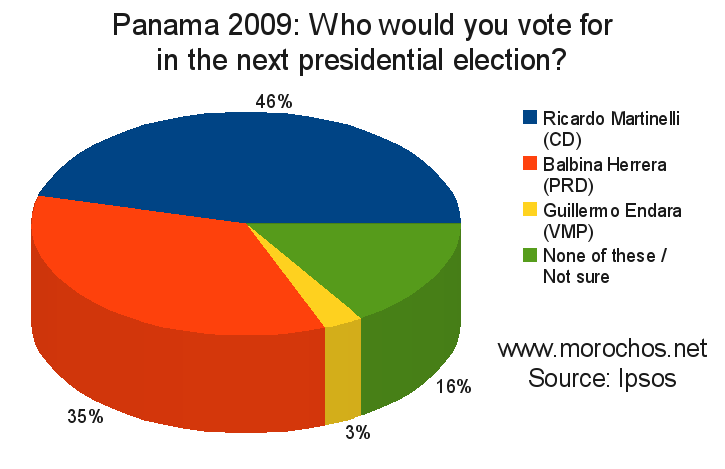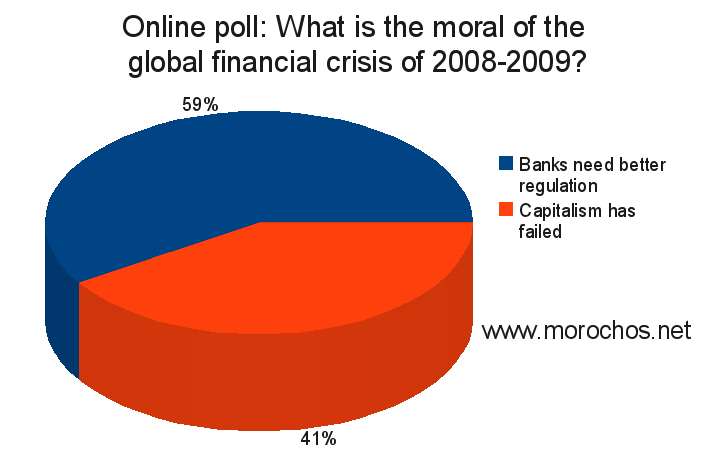Authors:
José Alberto López Rafaschieri and Luis Alberto López Rafaschieri
www.morochos.net
Although many of Latin American presidents are asking Obama to end sanctions against Cuba, a powerful domestic reason cannot be overlooked neither by Congress nor by the President of the United States: the American voters.
Conservatives
In this sense, the strongest opposition against lifting the economic blockade is in the conservative groups. Most politicians, soldiers, businessmen, religious and intellectuals in the United States are, by ideas and interests, natural enemies of a totalitarian political project such as the Castro regime in Cuba, so they see in the embargo a way to press for democratic reforms.
These sectors continue seeing in Cuba the same factors that led to the blockage in the past, therefore it is illogical for them to lift sanctions until the Castro regime will also make concessions.
Latinos
However, there is another important group of voters who oppose any softening of the U.S embargo against Cuba until the Castro regime demonstrates its willingness to improve the human rights situation. They are the Latinos that arrived to the United States fleeing the political and economic turmoil of Latin America.
This group of Latinos is mostly anticastrist because many of them lived personally the true Cuban revolution, or are the offspring of those who lived it, or if they come from another Latin American country they have Cuban friends that tell them about the realities of Cuba.
Moreover, as most of U.S. Latinos know the two Americas, they have compared the two political models and have realized that nothing is more third worldist than the Castro brothers' ideology and its imitators.
As a result, the majority of U.S. Latinos -unlike many Latin Americans who live in their countries of origin- also want measures of pressure against Cuba, because they wish to see their brothers and sisters free, and some want the opportunity to produce in their country what they have learned from the developed world.
So, if the Conservatives and U.S. Hispanics are summed, it is a good amount of votes that should be considered before acting. Hence Obama cannot lift the embargo without obtaining reciprocity from Havana.
Related articles:
- Latino leaders and the 2009 Summit of the Americas
- Why Castro and Chavez mellowed down their tone against Obama

